All Stories
-
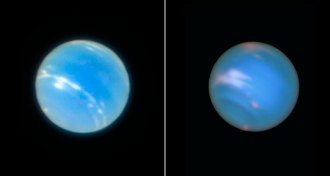 Astronomy
AstronomyMove over, Hubble. This sharp pic of Neptune was taken from Earth
A new strategy at the Very Large Telescope lets astronomers take space telescope–quality pictures from the ground.
-
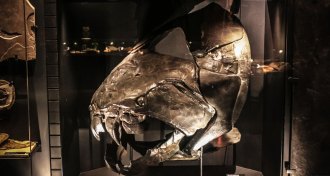 Paleontology
PaleontologyAn ancient swimming revolution in the oceans may have never happened
Swimmers may not have suddenly dominated the oceans during the Devonian Period after all: New analyses suggest they took over much more gradually.
-
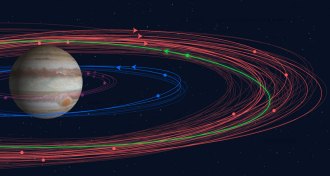 Planetary Science
Planetary ScienceJupiter has 12 more moons than we knew about — and one is bizarre
Astronomers found a dozen previously unknown moons of Jupiter, and one may be a remnant of a larger moon that was all but ground to dust.
-
 Health & Medicine
Health & Medicine‘The Poisoned City’ chronicles Flint’s water crisis
A new book examines how lead ended up in Flint’s water and resulted in a prolonged public health disaster.
-
 Environment
EnvironmentWildfires are making extreme air pollution even worse in the northwest U.S.
America’s air is getting cleaner — except in places that are prone to wildfires.
-
 Health & Medicine
Health & MedicinePublicity over a memory test Trump took could skew its results
Many media outlets reporting on President Trump’s cognitive assessment test could make it harder for doctors to use the exam to spot dementia.
-
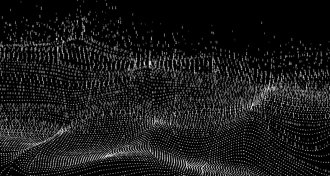 Computing
ComputingSolving problems by computer just got a lot faster
A new computer program sifts through all possible solutions to find the best answer to a given problem far faster than other algorithms.
-
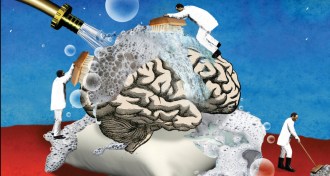 Health & Medicine
Health & MedicineThe brain may clean out Alzheimer’s plaques during sleep
Sleep deprivation may speed up development of Alzheimer’s disease.
By Laura Beil -
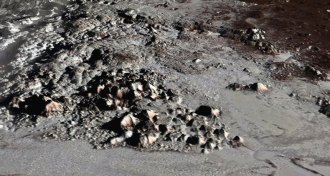 Planetary Science
Planetary ScienceFirst global maps of Pluto and Charon show the worlds’ highs and lows
New charts of Pluto and its moon Charon, compiled using New Horizons’ data, reveal high peaks, deep depressions and strange ridges.
-
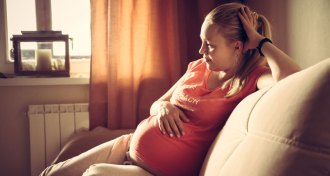 Neuroscience
NeurosciencePregnancy depression is on the rise, a survey suggests
Women today may be at greater risk of depression during pregnancy than previous generations.
-
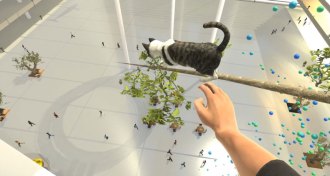 Health & Medicine
Health & MedicineScared of heights? This new VR therapy could help
Virtual reality may be good training ground for facing your fears in real life.
-
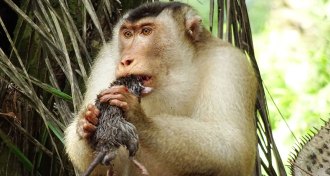 Animals
AnimalsMalaysia’s pig-tail macaques eat rats, head first
Pig-tail macaques are seen as a menace on Malaysian palm oil plantations, but may be helping to reduce rodent populations.
By Yao-Hua Law